The Senior Executive Board (SEB) ensures the transition of Council directives through to the business plans of AIATSIS programs. The Council appointed Chief Executive Officer is responsible for the organisation’s performance and advises the Council on all operational matters. Executive staff assist the Council, liaise with AIATSIS membership and develop the organisation’s public profile.
-
Leonard Hill – Chief Executive Officer
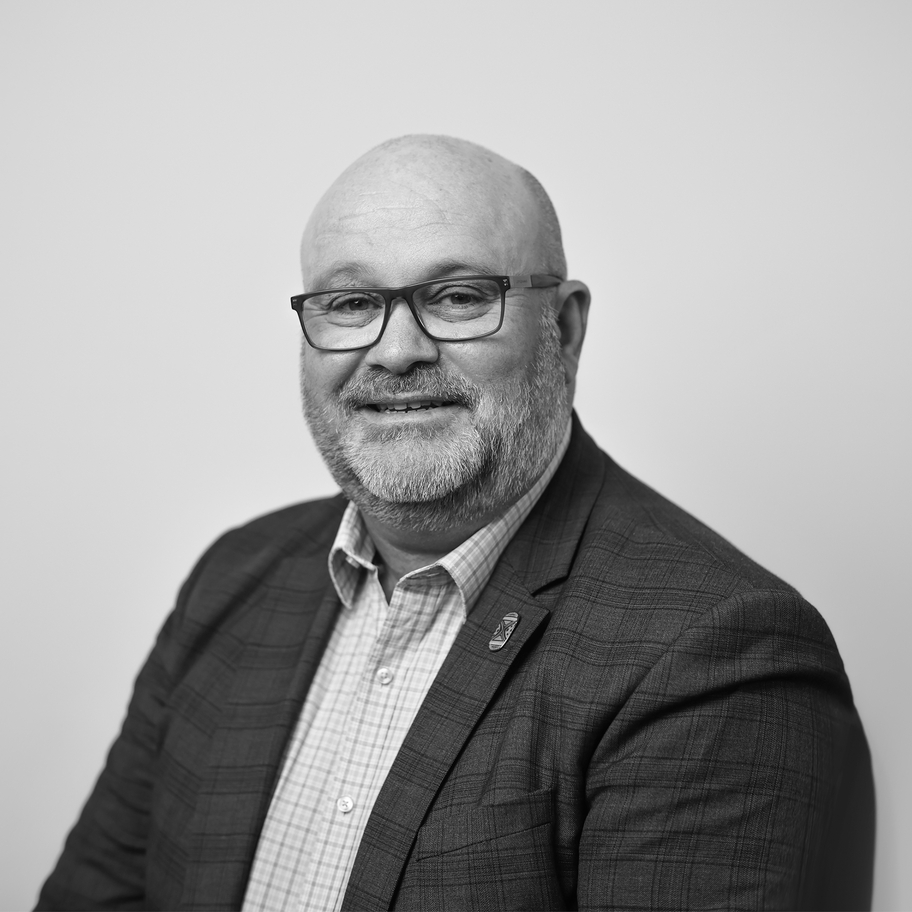
Leonard is the Chief Executive Officer at the Australian Institute of Aboriginal and Torres Strait Islander Studies (AIATSIS). Leonard has held a number of other Senior Executive Service (SES) Officer roles in a long public service career including Deputy CEO and Chief Operating Officer at AIATSIS; Executive Director, Collections Services Group at AIATSIS, and Assistant Secretary Culture Branch with the Department of the Prime Minister and Cabinet.
Leonard is a descendent of the Ngemba people from North West NSW. He draws his Indigenous heritage from his mother who was born and raised in Brewarrina in North Western NSW, and who spent her childhood living on the Aboriginal Mission in Brewarrina until her early teens.
Leonard has worked in the Australian Indigenous Affairs space since the early 1990’s in a number of roles across the Australian Government, NSW State Government, as well as local Aboriginal Community Organisations. Some of these roles include Indigenous Coordination Centre (ICC) Manager and Deputy Manager roles in a number of ICC’s across NSW; Indigenous Education Manager (DEST); TAFE NSW Campus Manager at a number of NSW TAFE Campuses including the Eora Centre for Indigenous Performing Arts in Redfern; and the Assistant Manager of a CDEP in Brewarrina.
Leonard has also undertaken a number of roles on local community and volunteer organisation boards including as Public Officer - Brewarrina Aboriginal Medical Service; Treasurer - Gainmara Birrilee Aboriginal Pre-school; and is currently a Director on the board of Winnunga Nimmityjah Aborignal Health and Community Services in Canberra, and a Director on the Board of the Australian Red Cross Society.
Leonard has been involved in and led a number of Australian Government Delegations on International engagements including to Germany, France, Mexico, New Zealand, Vietnam, UK, USA and the United Nations including leading the Australian delegation to the United Nations Expert Mechanism on the Rights of Indigenous peoples (UN EMRIP) in Geneva in 2018. Leonard also led an AIATSIS delegation to Mexico in September 2019 to discuss Indigenous Policy and culture as it relates to National cultural and collecting Institutions.
-
Carlyn Waters – Deputy Chief Executive Officer
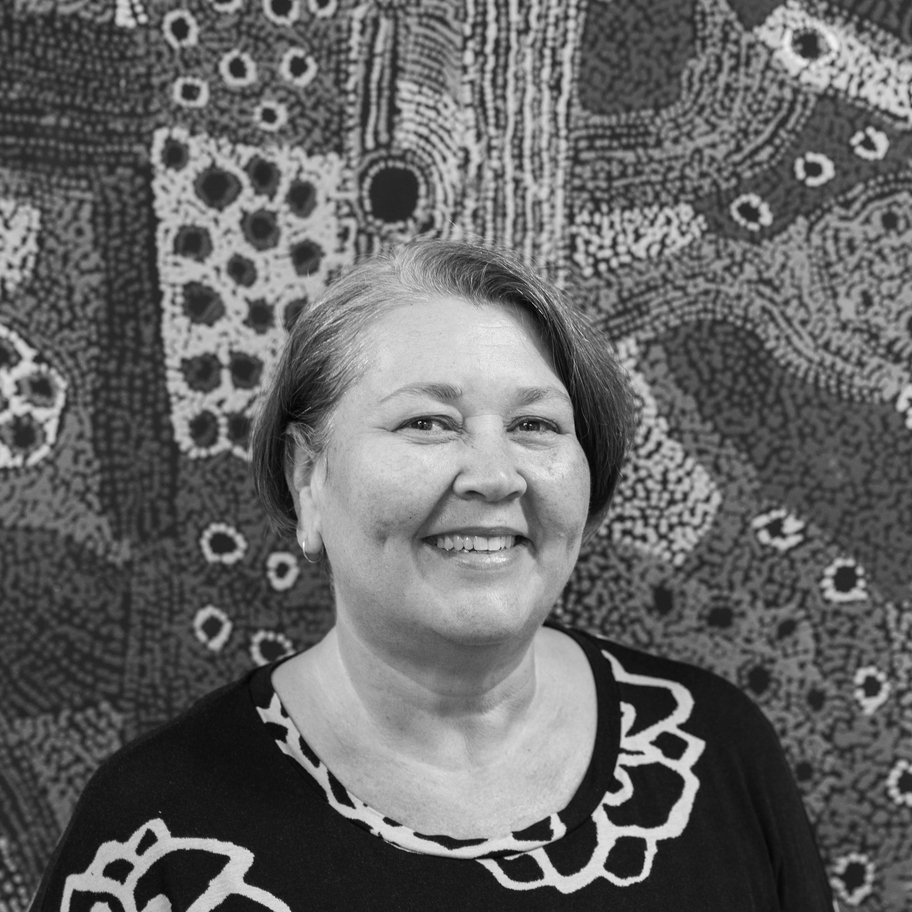
Carlyn began her Australian public service career over 25 years ago and is currently the Deputy Chief Executive Officer and Chief Operating Officer with the Australian Institute of Aboriginal and Torres Strait Islander Studies (AIATSIS).
Carlyn is a Kamilaroi woman who has family connections throughout Queensland and New South Wales. Prior to joining AIATSIS, she worked as a Senior Fellow in the Practice of Business at the Australian National University’s College of Business and Economics, where she focused on the importance of First Nations’ economic and cultural self-determination.
She is a Director on the Stars Foundation which provides opportunities for young Indigenous girls and women to be supported through their education and employment. She is also as a Director on the Foundation of National Parks and Wildlife which helps protect Australia’s unique biodiversity.
-
Dr Caroline Hughes AM – Executive Director, Collection Services
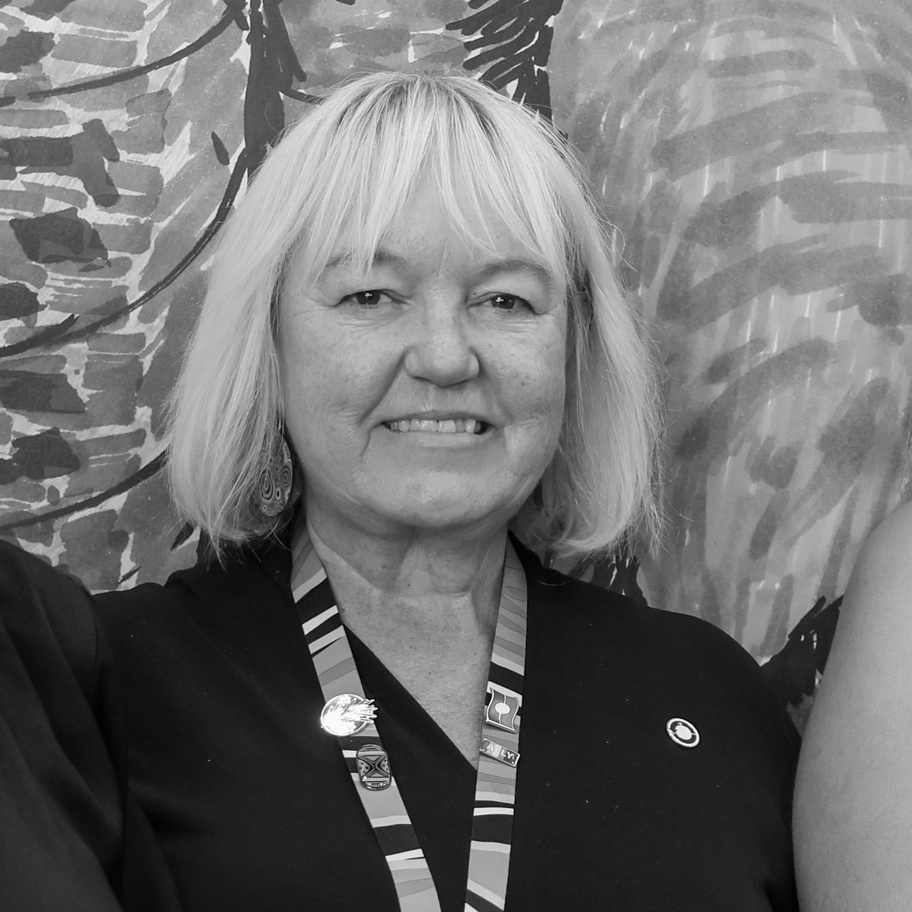
Dr Caroline Hughes AM is a proud Ngunnawal woman and the Executive Director, Collections Services Group. She has made significant contributions to the field of education throughout her career, which spans over 30 years. She came to AIATSIS from the Canberra Institute of Technology (CIT) where she was the Director of the CIT Yurauna Centre of Educational Excellence for Aboriginal and Torres Strait Islander Peoples.
Aunty Caroline empowers others to achieve their dreams through the power of education and employment. As practitioner, manager and leader of VET programs in community development and client support services she ensured that cultural heritage has been the essence of all. Caroline has led the design and delivery of cultural programs that have strengthened the cultural capability of individuals and teams across organisations - within government and private sectors. Aunty Caroline grew partnerships and improved engagement with governments, private sector and community to improve business outcomes as well as increased the commercial income to support profitable operations and outcomes. Her leadership has contributed to policies, strategies, compliance and business acumen.
Under Aunty Caroline’s leadership she established long standing respectful partnerships that were formed with Indigenous culture at the foremost of all activities, an example is the establishment of an Early Learning Centre in partnership with Northside Community Services – winning national awards in the early child care sector. These initiatives reduced barriers to education for parents and caregivers to improve employment outcomes.
Aunty Caroline has been awarded an Honorary Doctorate of University of Canberra, a Bachelor Adult Education as well as Graduate Certificate in Leadership & Management and Graduate Certificate Leadership in the VET Sector.
At AIATSIS Caroline plays a leadership role ensuring that the institute is a responsible custodian of all items held in the unique and diverse AIATSIS Collection, guiding the strategic management and long-term safekeeping of all materials held in it.
Caroline was shortlisted as a nominee for 2021 ACT Australian of the Year and was a recipient of the ACT Women’s Honour Roll in 2018.
In recognition of her significant service to the Indigenous community of Canberra, Aunty Caroline was made a Member of the Order of Australia in the 2023 King’s Birthday Honours.
-
Dylan Daniel-Marsh - Executive Director, Ngurra Transformation Group
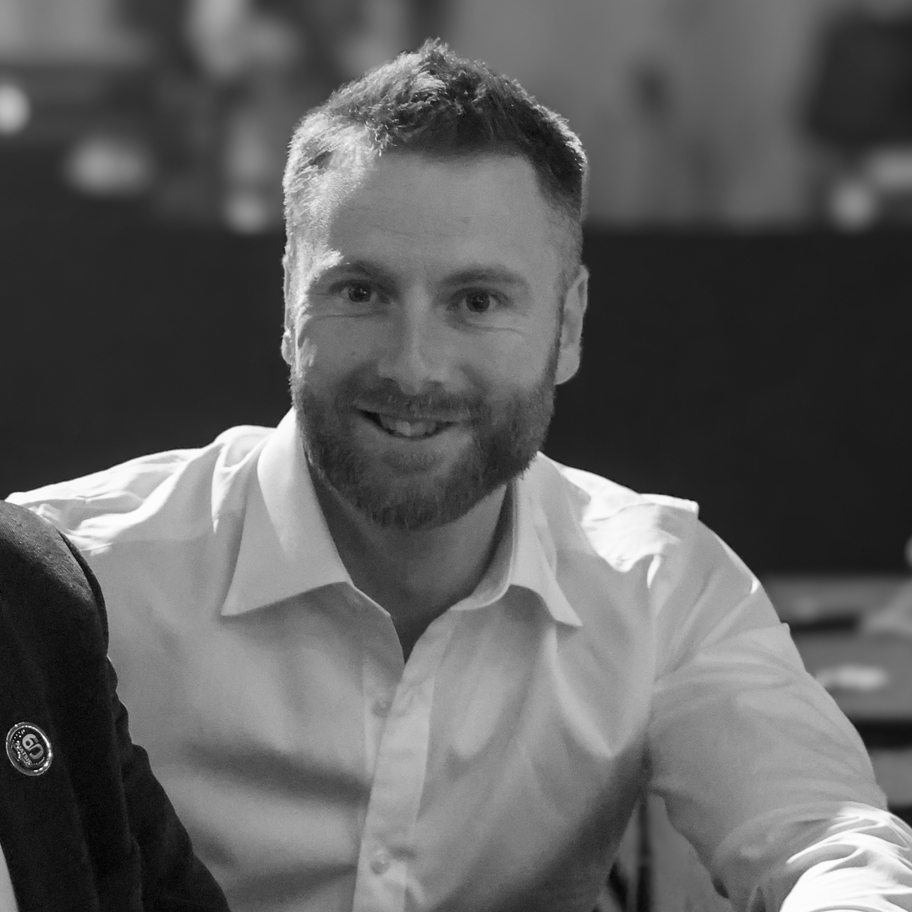
Dylan has a wealth of experience spanning more than 15 years in diverse sectors such as business, higher education, and government. Within AIATSIS, his journey has been marked by various roles, including as the Director of Research Business from 2012 to 2017. Returning to the Institute in 2020, he assumed the position of Director, Engagement, Exhibitions, and Commercial Innovation. He was appointed as the Executive Director of the Ngurra Cultural Precinct Project in December 2022.
He was Chief Business Development Officer for Youfoodz Asia from 2017 to 2020. During this period he spent 3 years travelling the Middle-East and Asia with Commonwealth and QLD Government trade delegations developing business relationships with multinational companies.
Dylan has also operated his own consultancy firm, catering to both government and corporate clients. He has expertise in launching and cultivating businesses in the Canberra region, including in the food and beverage and services industries.
Beyond his professional endeavours, Dylan has actively engaged with the community through his involvement with Rotary International. Since 2014, he has been an active member, and served as the President of the Rotary Club of Belconnen from 2019 to 2020.
-
John Gibbs - Executive Director, Research and Education Group
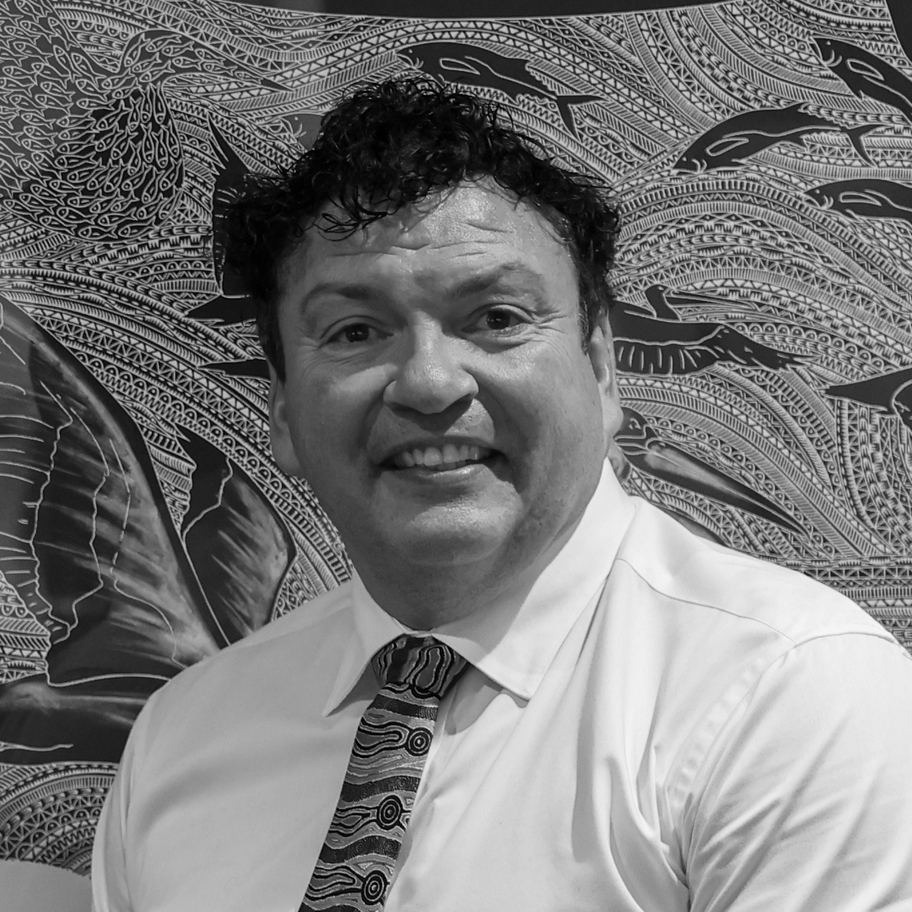
John Gibbs is a descendent of the Wiradjuri and Ngemba peoples of Central and North West NSW and is the Executive Director, Research and Education Group at the Australian Institute of Aboriginal and Torres Strait Islander Studies (AIATSIS).
John has more than 25 years’ experience in First Nations employment and education policy development and program delivery. This includes policy design work for Australian Government initiatives such as the Indigenous Employment Policy, Community Development Employment Projects (CDEP) program. During John’s time in the Education Portfolio, he was instrumental in leading the engagement with state and territory jurisdictions on the establishment of over 30 Children and Family Centres across Australia as part of the National Partnership Agreement on Indigenous Early Childhood Development. This also included development of an evaluation framework.
John has held several Senior Executive Service (SES) Officer roles in his long public service career including National Manager Indigenous Servicing Branch with Services Australia, Assistant Secretary of the Joint Management Branch with Parks Australia, Assistant Secretary of the Wildlife Trade and Biosecurity Branch with the Department of Climate Change, Energy, the Environment and Water.
John’s role at Parks Australia included oversight of the World Heritage listed Kakadu and Uluṟu-Kata Tjuṯa National Parks. John has represented Australia at international forums such as leading the Australian delegation to the 18th meeting of the Conference of the Parties (CoP) to the Convention on International Trade in Endangered Species of Wild Fauna and Flora (CITES) and a Return of Cultural Heritage (RoCH) program delegation to Germany in 2024.
-
Stella De Cos - Executive Director, Strategy and Operations Group
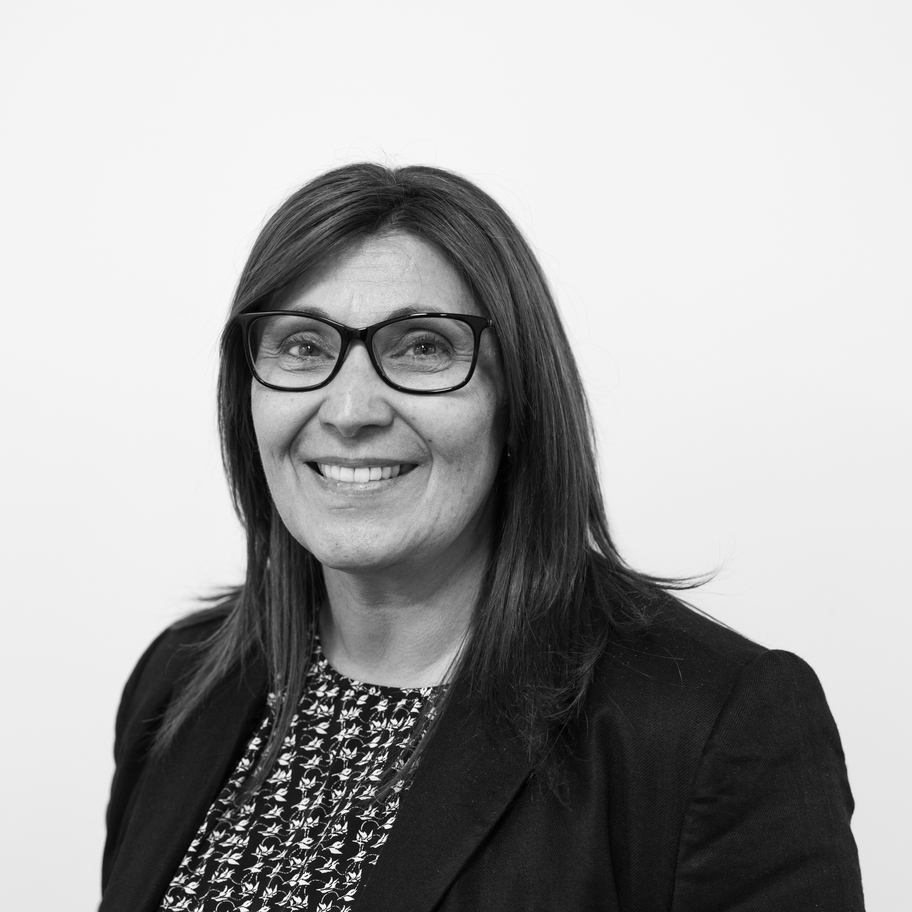
Stella de Cos is a Lower Southern Arrernte woman born on Ngunnawal country in Canberra, with family connections to the central desert, spanning Alice Springs, Charlottes Waters and Oodnadatta in South Australia. Stella has extensive experience in driving economic empowerment and creating sustainable financial solutions for First Nations people and communities.
With a strong background in business development and financial services, Stella has played an important role in developing and delivering innovative financial products, supporting Aboriginal and Torres Strait Islander entrepreneurs, and activating the Indigenous business sector within corporate supply chains. Her expertise in Federal and State Government procurement policies and supplier diversity has enabled her to create lasting opportunities for First Nations businesses and communities.
Stella is deeply committed to advancing First Nations prosperity by leveraging government policy and frameworks to support self-determination, autonomy, and decision-making for Aboriginal and Torres Strait Islander people. She has worked extensively with First Nations leaders, organisations and businesses across Australia, forging meaningful relationships and advocating for Indigenous participation in the economy.
Stella has represented various entities at all levels of engagement with government, industry and First Nations stakeholders. Her leadership is driven by a passion for creating environments where Aboriginal and Torres Strait Islander knowledge systems and histories are respected, valued and integrated into Australia’s broader narrative.
Chief Executive Officers and Principals
Chief Executive Officers
- Mr Craig Ritchie 2016 - 2023
- Mr Russell Taylor 2015 - 2016
Principals
- Mr Russell Taylor, 2009 - 2015
- Mr Steve Larkin, 2004 - 2008
- Mr Russell Taylor, 1997 - 2003
- Mr Peter Daffen, 1996 Oct - Dec
- Dr William (Bill) Jonas, 1991 - 1996
- Mr Warwick Dix, 1985 - 1991
- Mr Eric Willmot, 1981 - 1984
- Dr Peter Ucko, 1972 - 1980
- Mr Frederick McCarthy, 1964 - 1972